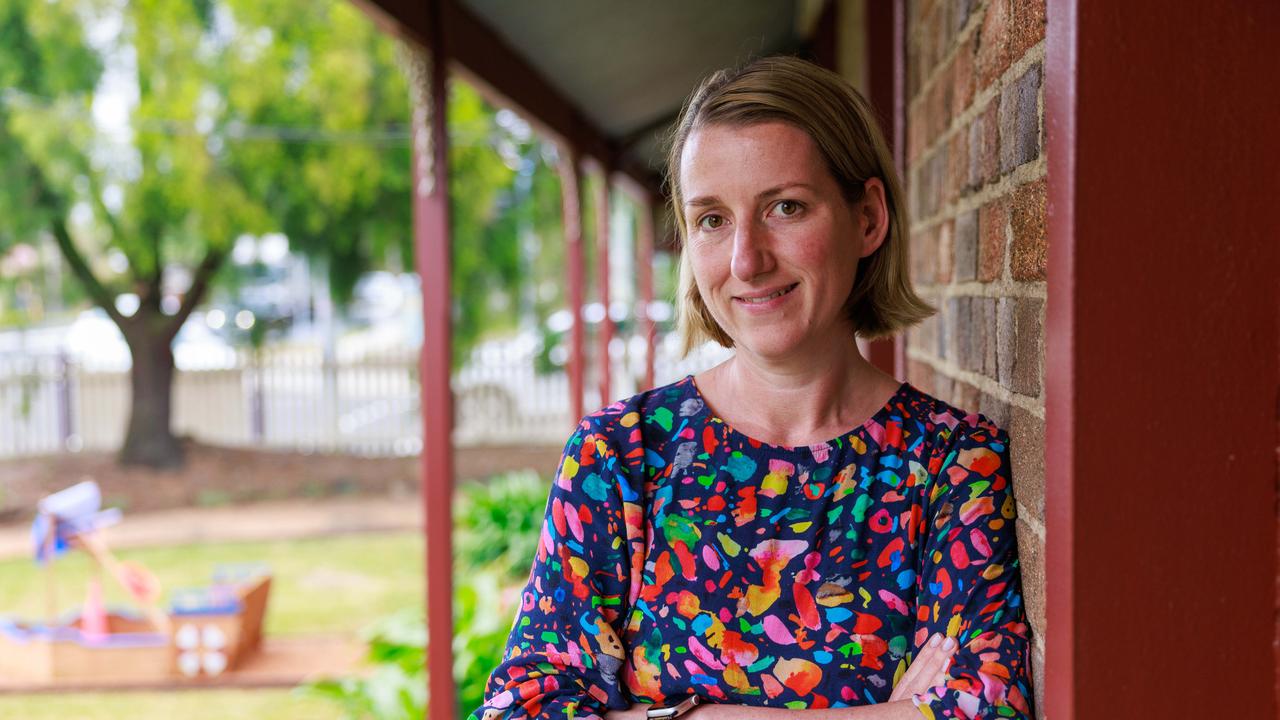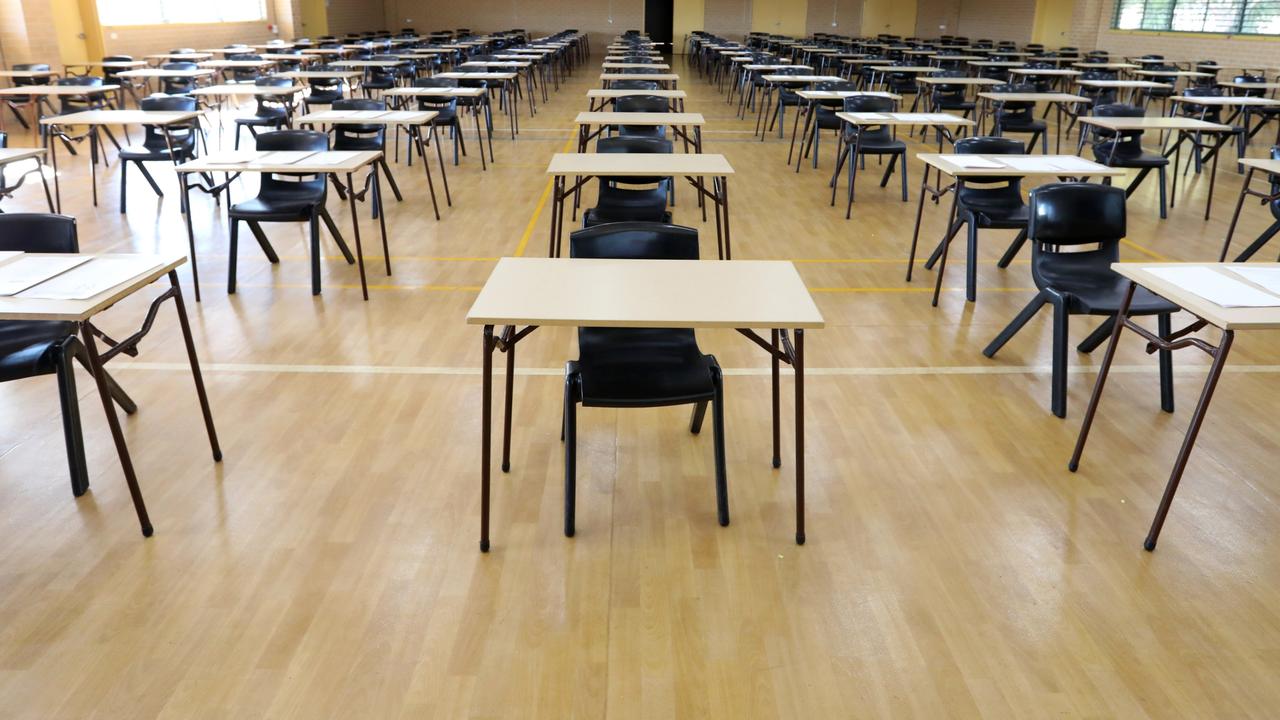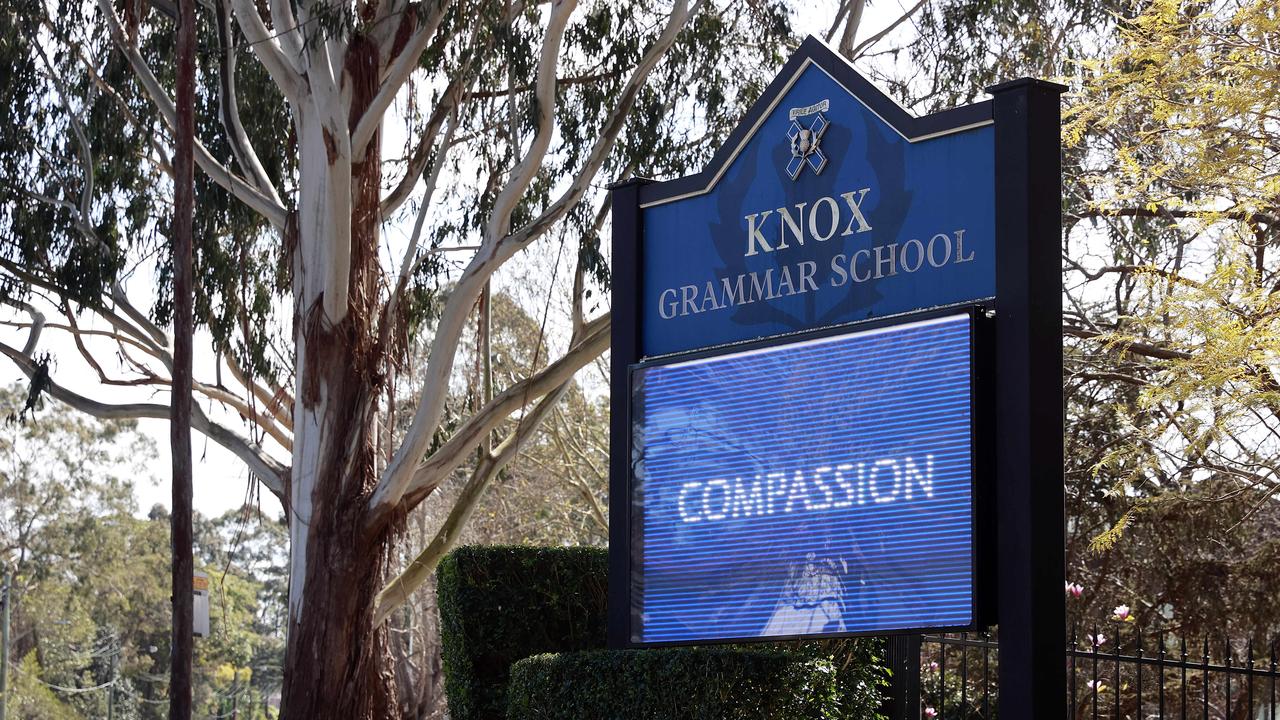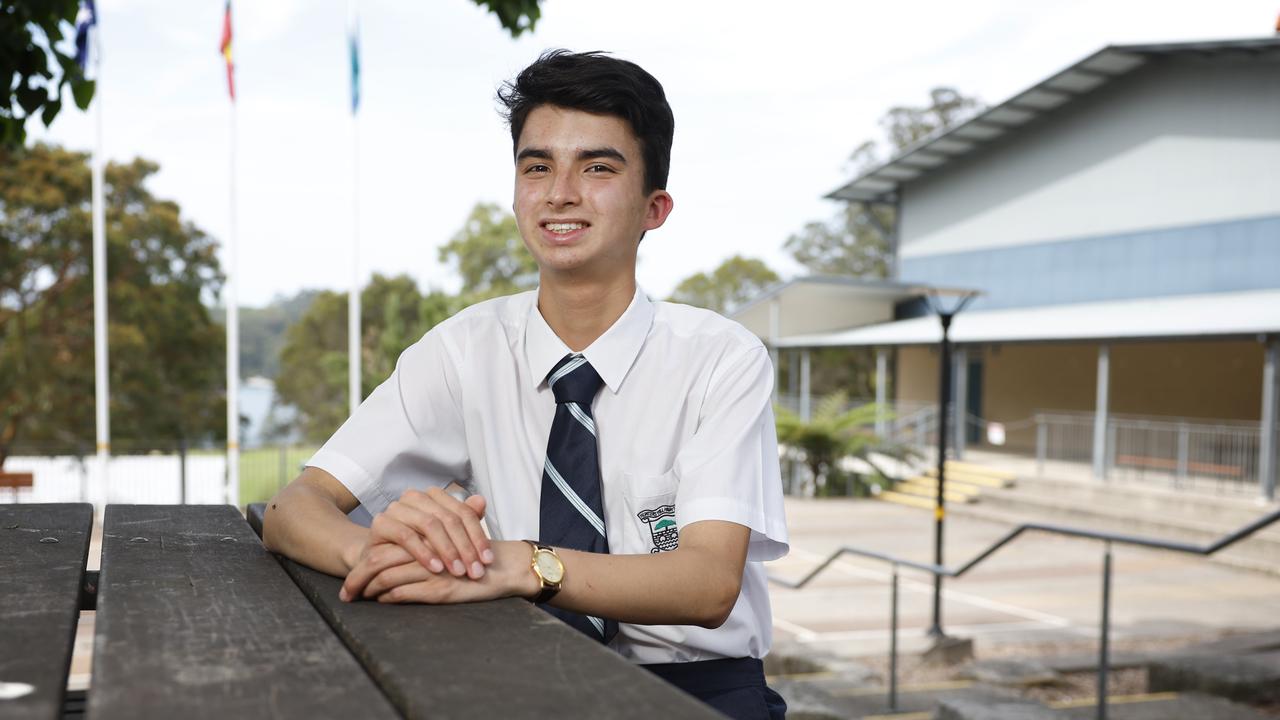HSC 2024: About 11,000 students expected to be given exemptions for exam conditions
More than 70,000 students are set to begin their HSC exams this week, but a huge amount of them will be given some kind of exemption.
Some 11,000 Year 12 students are expected to have exemptions carved out to sit their HSC, including rest breaks and extra time, after more than one in seven accessed disability provisions last year.
While figures for the 2024 HSC are yet to be confirmed, the NSW Education Standards Authority’s (NESA) records show 14.5 per cent of students were approved for disability provisions in 2023, a significant increase across the past five years.
It comes as more than 70,000 students will begin sitting their HSC exams this week - beginning with the English test on Tuesday.
In 2019, only one in 10 HSC students were granted provisions, while 4.2 per cent were knocked back. By 2023, less than 3 per cent of applications were rejected in full.
Rest breaks, a personal exam reader and extra time (up to five minutes per half hour) account for the majority of special provisions each year, however NESA was unable to provide further data on the conditions that have attracted those provisions.

Royal Australian College of General Practitioners NSW and ACT chair Dr Rebekah Hoffman said the rise in applications for rest breaks and additional time in the exams can be “without a doubt” attributed to the correlated increase in mental health issues such as anxiety.
“Post-Covid we’ve seen significantly more mental health, particularly in children and adolescents, so that one in seven number … really acknowledges how much additional mental health there is in this population,” she said.
“But it also acknowledges that they’re getting help, that they’re seeking help, and that can only be a good thing.”
Dr Hoffman said the majority of students who will sit their tests under standard conditions need not worry that others receiving special provisions will affect their own performance.
“We’re not giving away additional points, we’re not giving them higher marks, we’re not ranking people lower or higher - what they’re asking for is often five minutes of time so that they can breathe … and do their strategies for calming and grounding,” she explained.
Occupational therapists meanwhile have raised concerns over the transparency of NESA’s assessment process, after finding students who do not establish a base of evidence early are more frequently knocked back - despite having a clear need for additional support.
To prove their case, schools must submit forms, including evidence given by the student’s classroom teachers, which usually includes a health professional’s corroboration.

St George-based occupational therapist Olivia Jackson said the application process is heavily weighted towards the school’s submission, meaning inexperienced or under- resourced school support units are more likely to struggle to get students the provisions they need.
“Students who are coming in at the last minute … it’s harder to get those kids over the line, even if they truly are impaired in showing what they really know, and getting them on the even playing field with their peers,” she said.
A ‘simple’ application for special provisions can be approved or rejected by a single NESA officer, however more complex cases will involve multiple officers and the input of specialists.
Overseeing the process is a panel of 12 anonymous professionals including medical practitioners, psychologists, paediatricians, psychiatrists and experts in hearing and vision.
The schools with the highest number of special provisions in the state are largely high-fee independent and Catholic schools, which see up to one in four of their Year 12 students receive special provisions.
St Francis Xavier’s College in Hamilton had the most individual applications in the state in 2023 with 100 students deemed eligible for special provisions, accounting for almost 22 per cent of the cohort.
That school was followed by Barker College, an Anglican school in Hornsby with 93 applications - one of which was knocked back - making up 24.7 per cent of its HSC enrolments, and Sydney Secondary College’s Blackwattle Bay campus where 23 per cent of students applied for disability provisions.
High fee all-boys schools Knox Grammar School in Wahroonga and Saint Ignatius’ College Riverview rounded out the top five with 82 and 79 applications respectively. Six were rejected at Riverview.
Riverview headmaster Dr Paul Hine said the school “provides clear information” about provisions to all HSC students “in an effort to empower each student to reach their individual potential and navigate their educational experience with purpose”.
“The application process for these provisions is instigated by students and facilitated by the school before being submitted directly to NESA,” Dr Hine said.

Knox headmaster Scott James defended his school’s large number of special provisions and said NESA is “the ultimate decision-maker”.
“Knox is one of NSW’s largest schools and we have a diverse, non-selective intake - so we therefore have a greater number of students who are potentially eligible for HSC disability provisions,” he said.
A NSW Department of Education spokesperson said provisions “can only be accessed by students with evidence of a condition that would impact their ability to show what they know in an exam room”.
“There is a thorough process of assessment, requiring supporting evidence from a treating professional, endorsed by the school, and if eligible approved by NESA,” they said.
WRITING, BUT NOT FOR A GRADE

Hunters Hill High School student Luke Ettama is one of the rare few Year 10 students who will write a HSC exam this year - and never be graded for it.
Luke has volunteered to act as a reader and a scribe for the Year 12 students at his school who need a helping hand, by reading the English, Business Studies and History papers to those with poor reading skills or vision impairment, and writing responses dictated to him by test-takers with an injury, poor spelling or another handwriting impediment.
“I thought it would be a great opportunity,” he said.
“The only requirement was you have to be able write legibly and have a certain amount of skill in English, obviously I can do that, so that was fine.”
The role gives Luke an inside look at the HSC two years before he’ll have to take the exams himself.
“I’m definitely excited, because I think it’ll be great to see this person’s perspective on their HSC and be able to help them articulate it,” he said.
“But I am also a bit nervous, obviously, because I’m working on this person’s HSC - it’s big.”
Do you have a story for The Daily Telegraph? Message 0481 056 618 or email tips@dailytelegraph.com.au
More Coverage
Originally published as HSC 2024: About 11,000 students expected to be given exemptions for exam conditions





